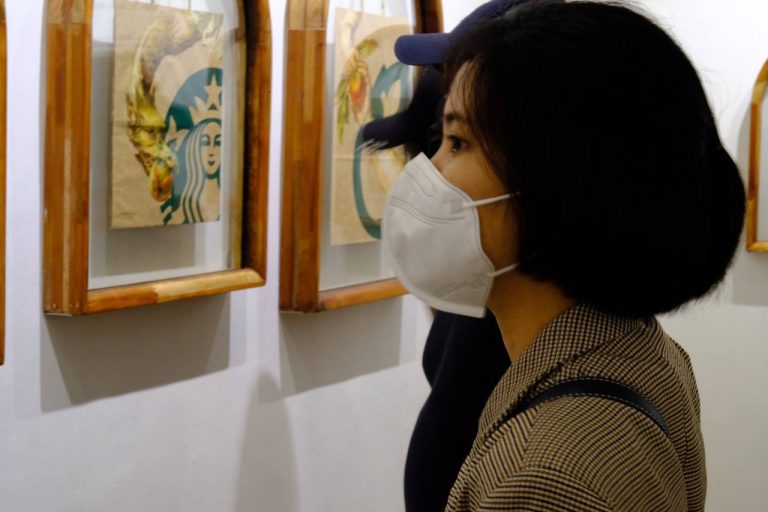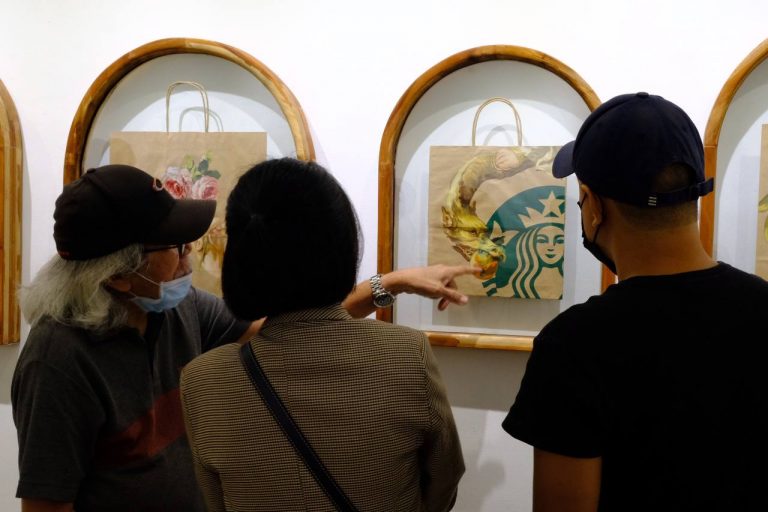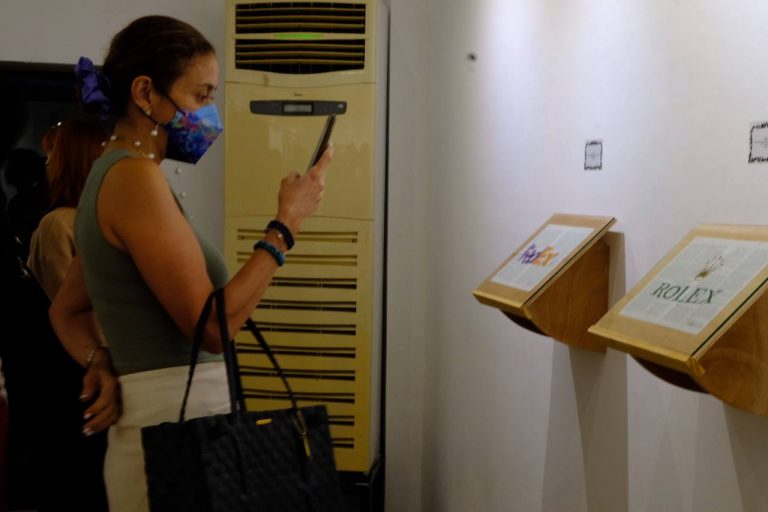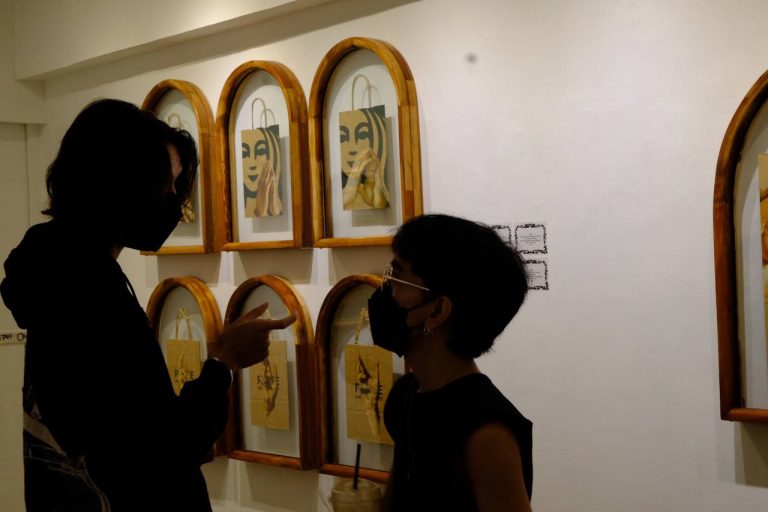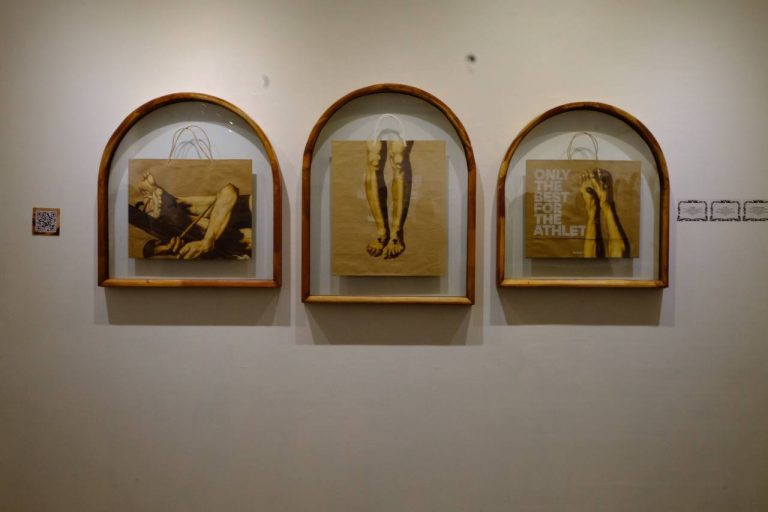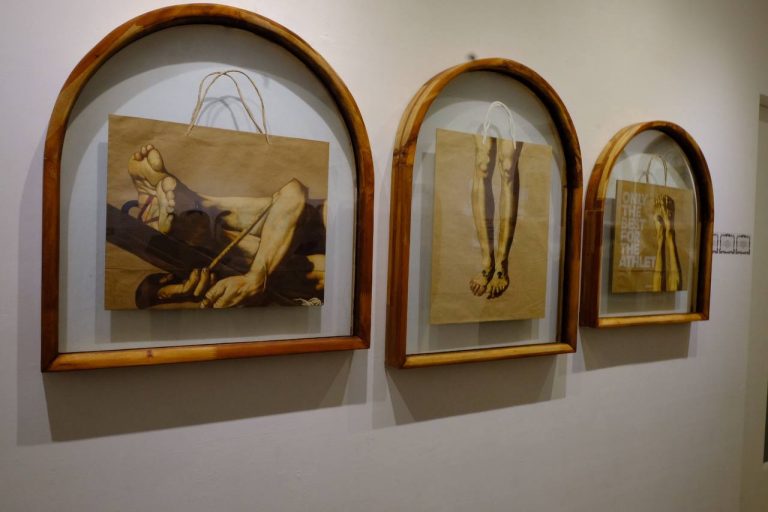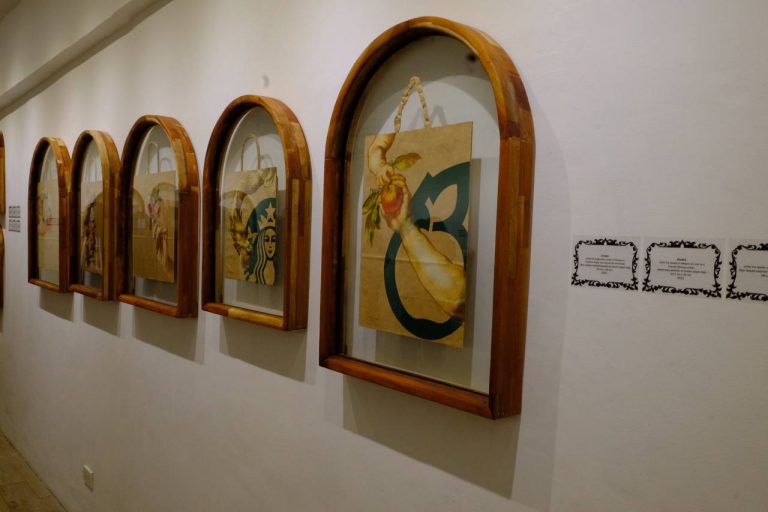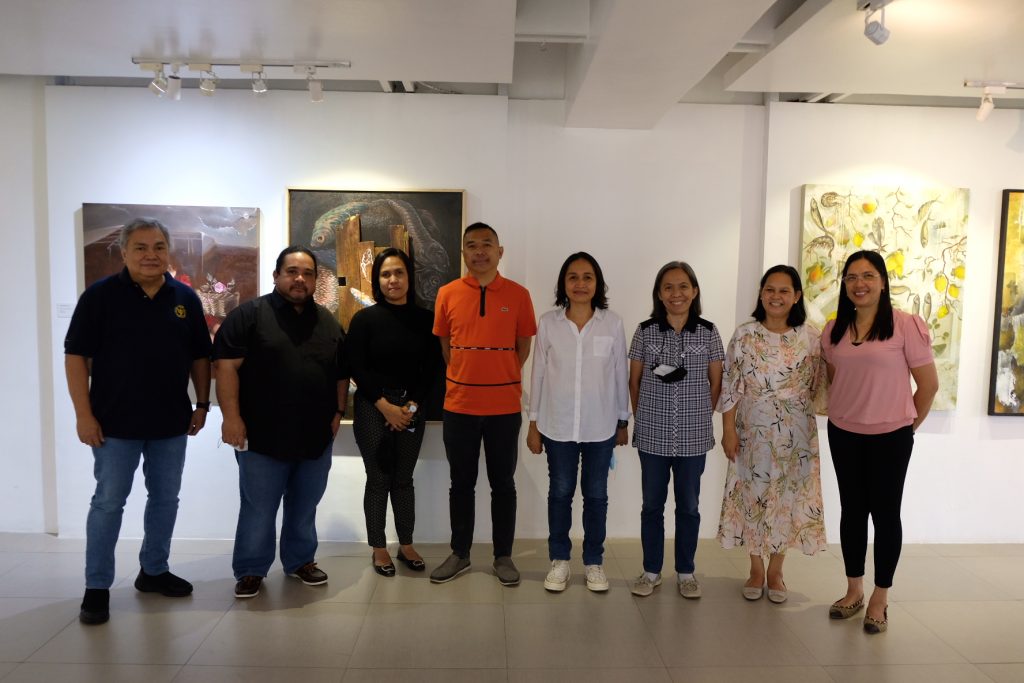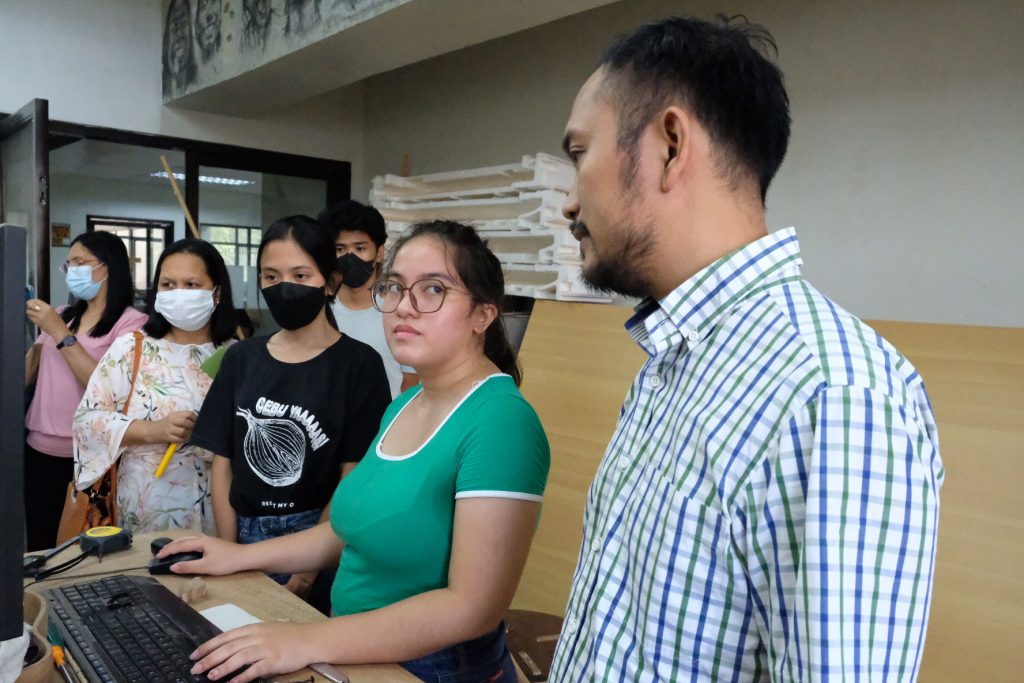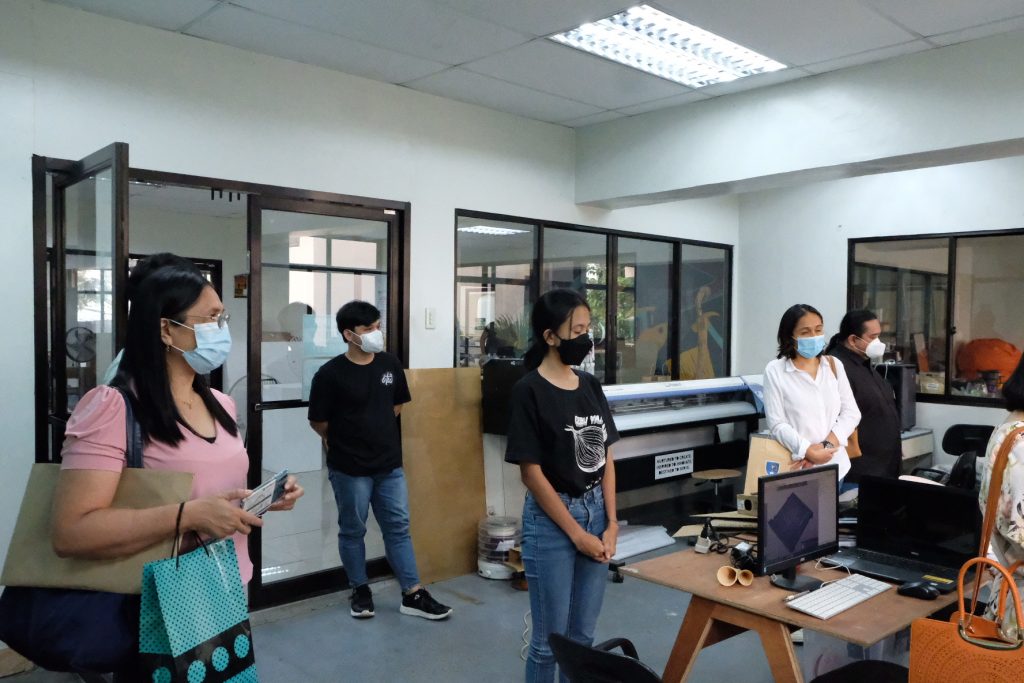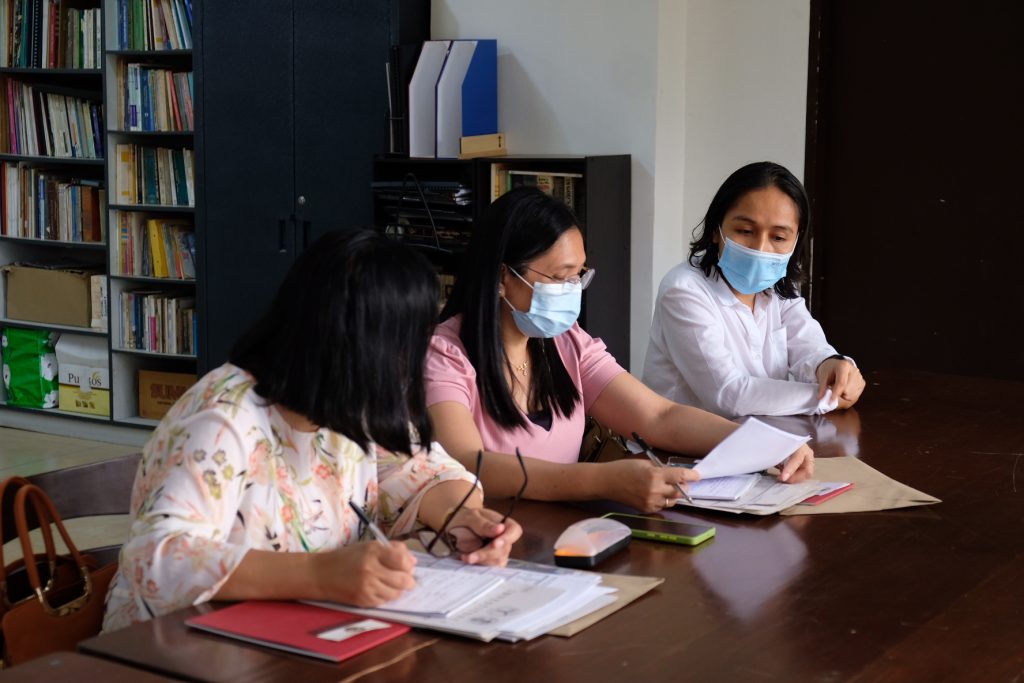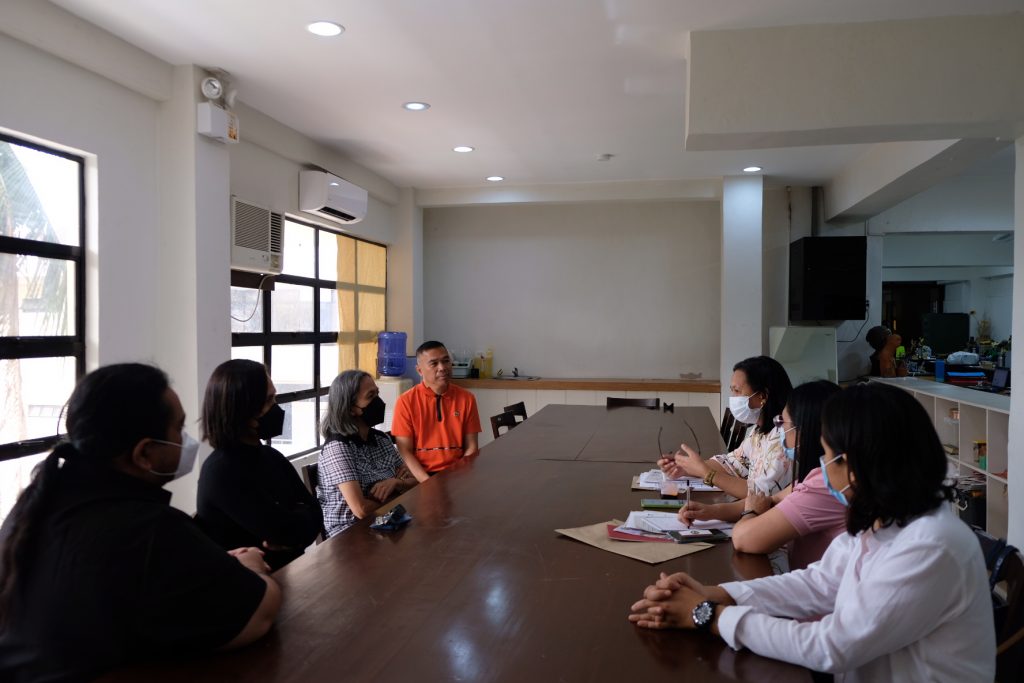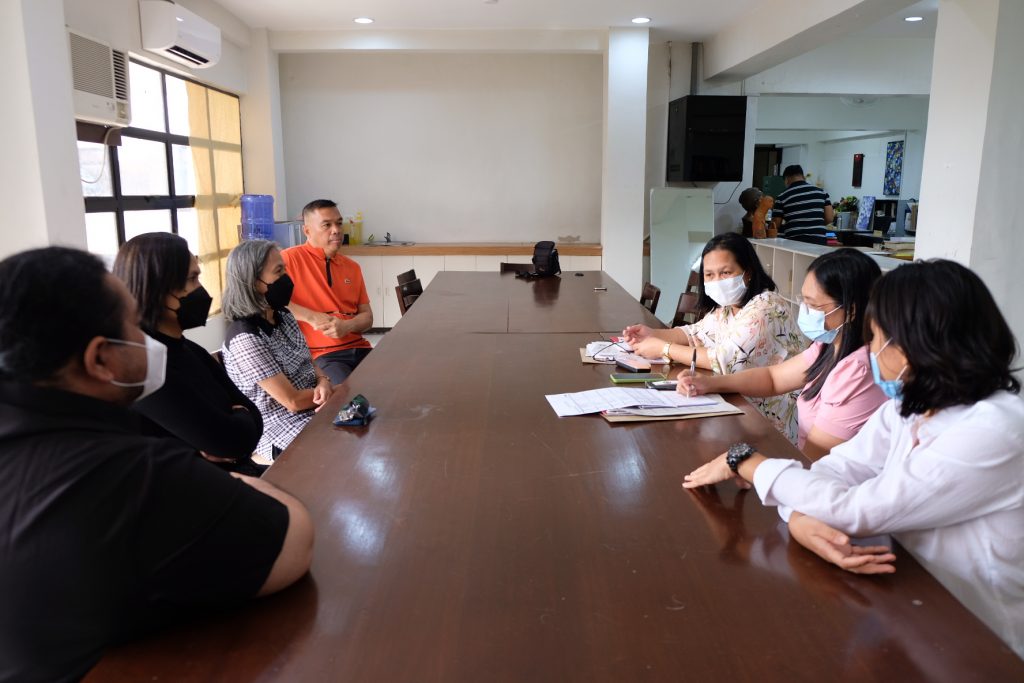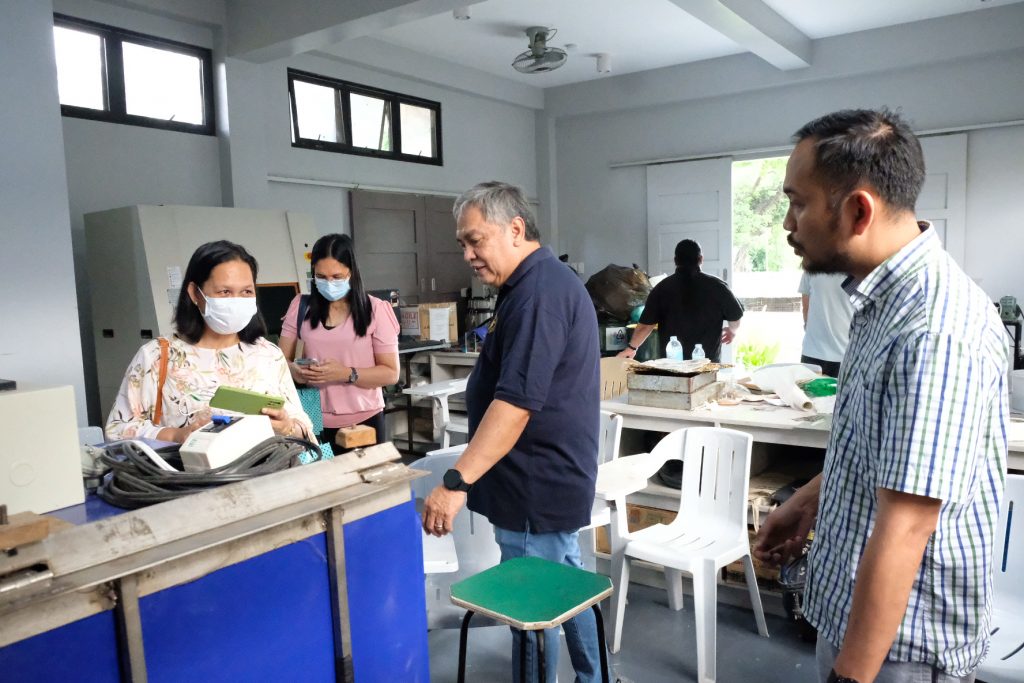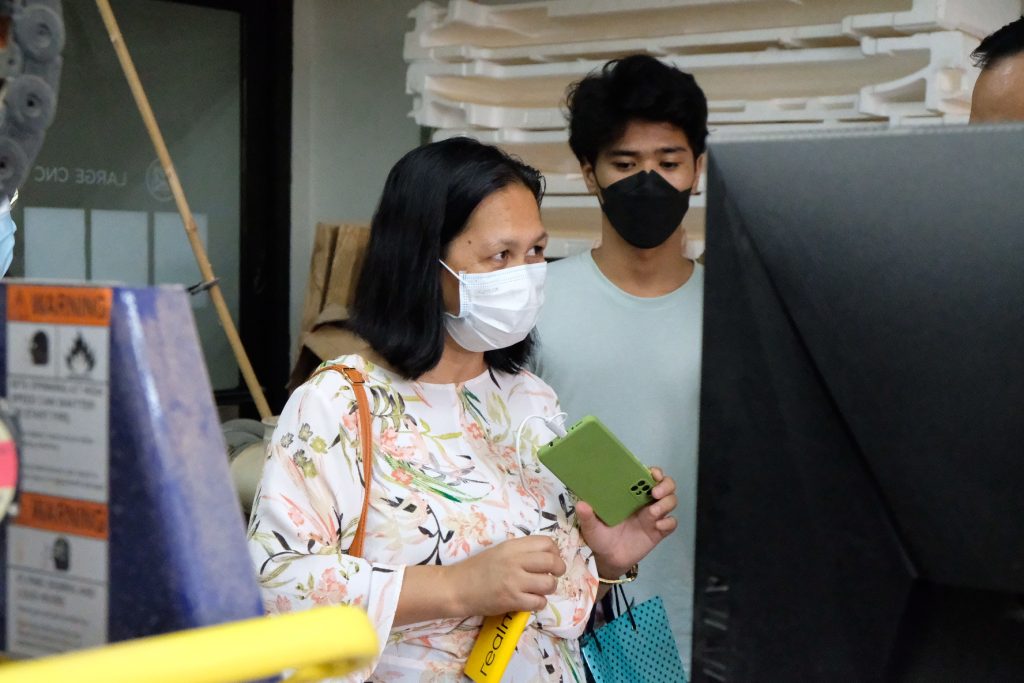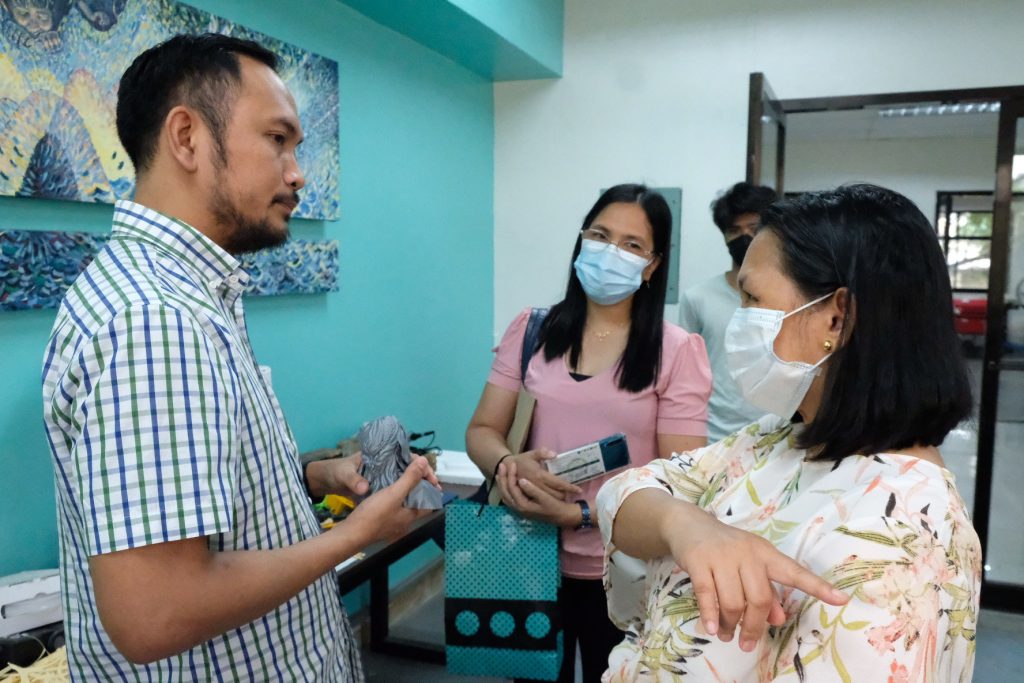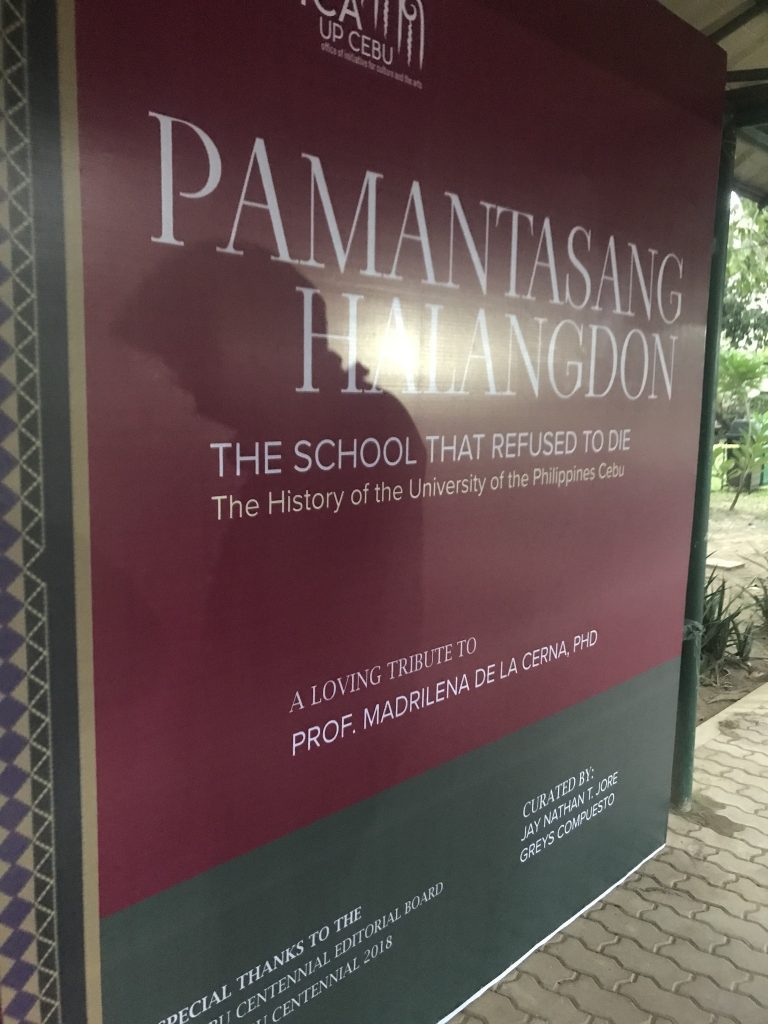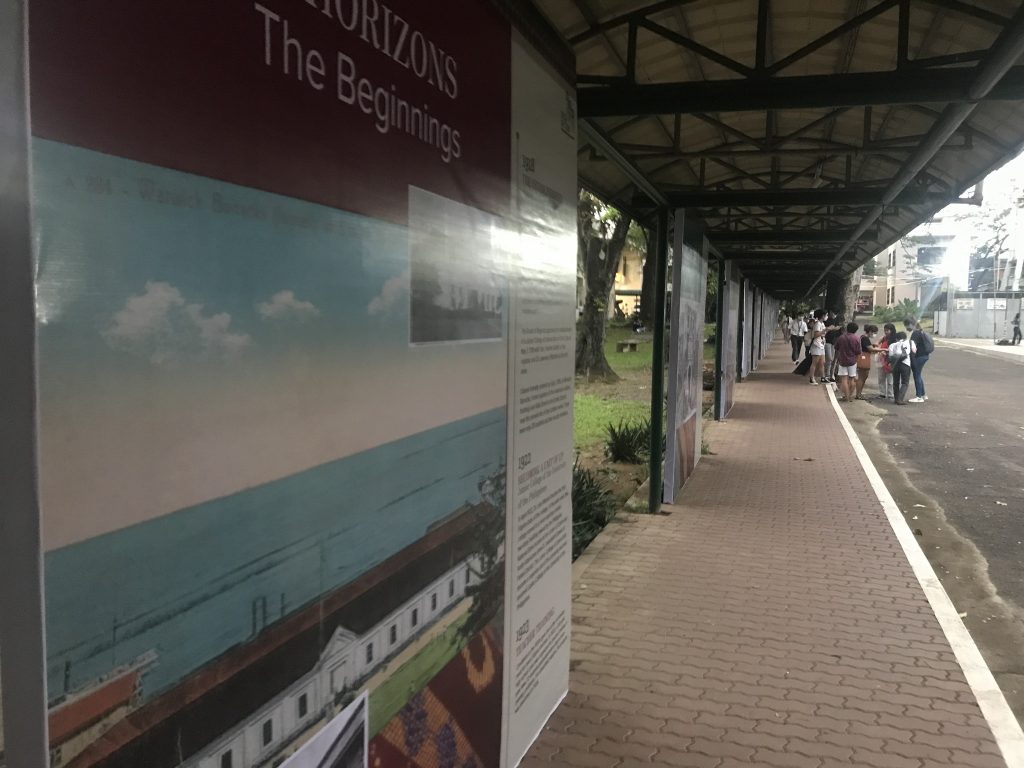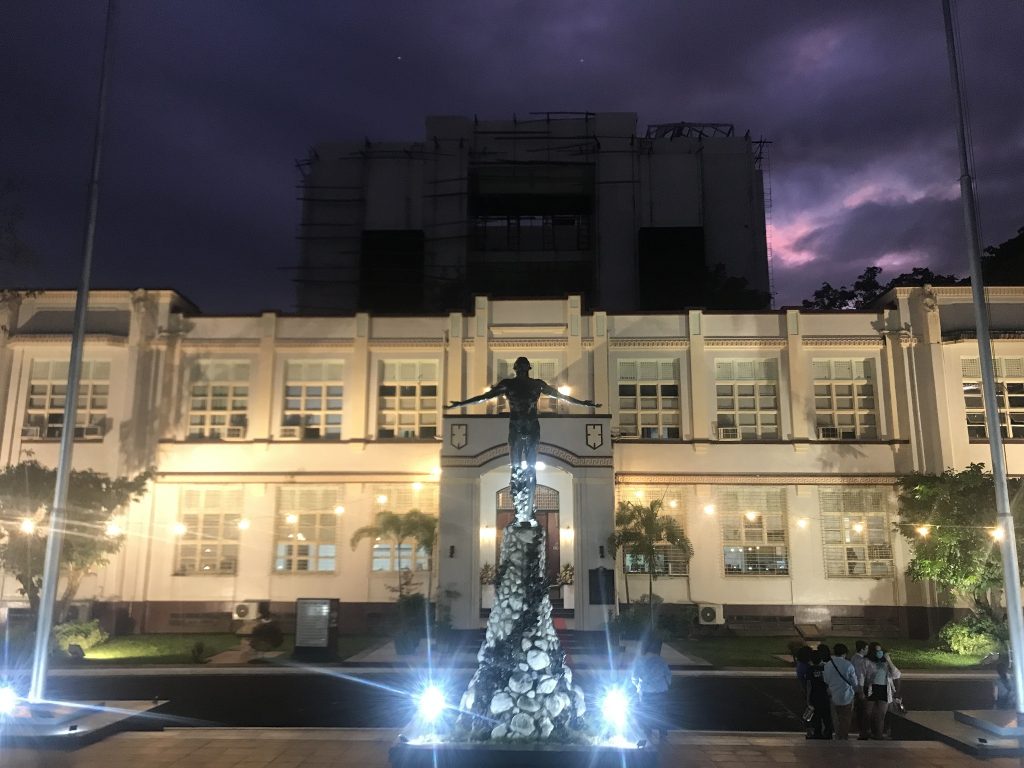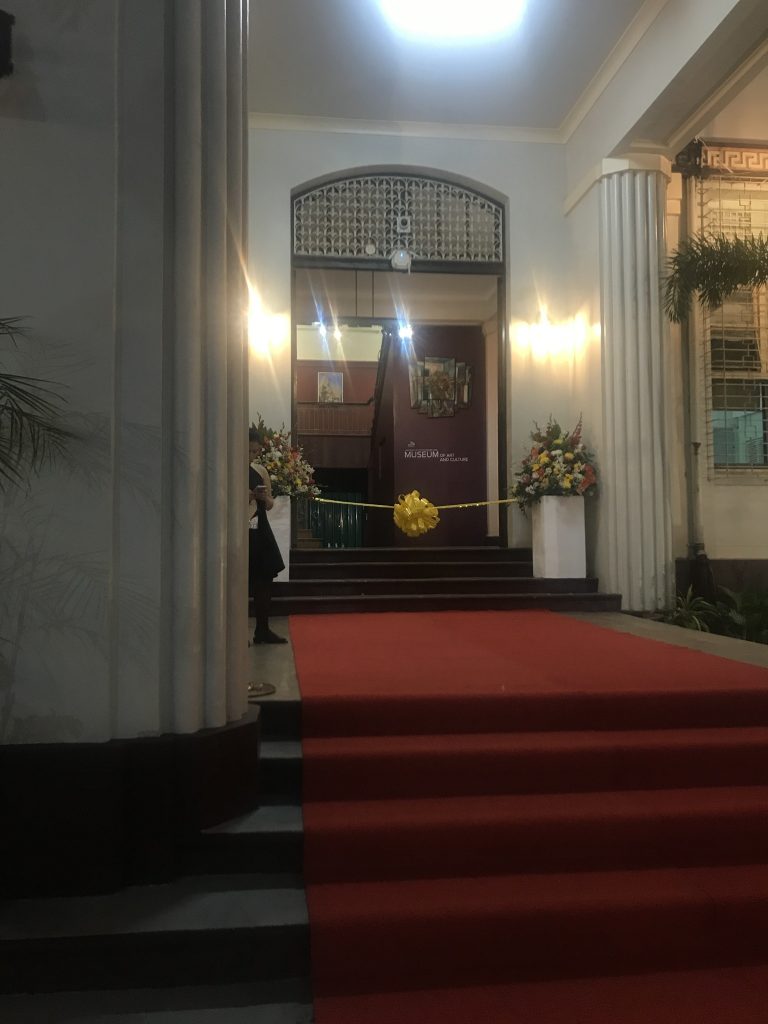UP Cebu Communication Faculty Publishes New Paper
Congratulations to Communication program professor Dr. Belinda Espiritu for publishing her paper titled Land, Blood, and Tears: Discursive Themes and Strategies of Resistance to Neoliberal Hegemony in the Lumad’s Struggle for Their Rights in the Journal of Global South Studies last November 16, 2022.
Abstract: This paper examines the discursive themes and strategies of resistance by the Lumad, the indigenous people of Southern Philippines, and civil society groups to neoliberal hegemony, the dominance of the political-economic philosophy that champions the market as the prime regulator of economic activity, in the Lumad’s struggle for justice and their rights. The Lumad have been subject to killings of their leaders, militarization, red-tagging (the pernicious labeling of government critics, activists, and other members of civil society as Communists or terrorists) of their schools, and displacement from their lands. It is a study situated in the context of indigenous resistance to neoliberal globalization. It uses the critical discourse analysis approach in analyzing the discursive themes and strategies of resistance, particularly the theoretical ideas propounded by John Flowerdew founded on Foucault’s theory of power and resistance. Ten purposively selected news articles and two statements published from 2017 to 2020 by the online alternative news media outfit Davao Today were analyzed in the study. The discursive themes identified were neoliberalism’s dire consequences and destructive impact, displacement of the Lumad, food security, red-tagging, the struggle for education, counternarrative to red-tagging, defense of the environment and Lumad ancestral lands, injustice, corporate greed, and environmental degradation and the catastrophes that result from it. The discursive strategies of resistance used were constatives, or truth claims with factual backing, regulatives, avowals, ridicule, sarcasm, rebuttal, vivid adjectives, use of words, and use of evocative phrases and sentences. These discursive themes and strategies of resistance call for an economic system that empowers and respects indigenous peoples and local communities and interacts with the environment in a positive, respectful way.
Access her paper here.

